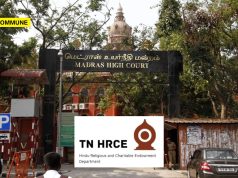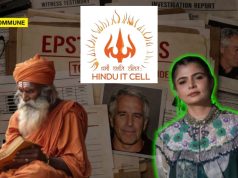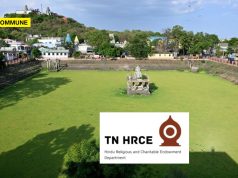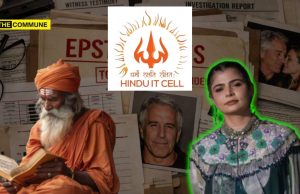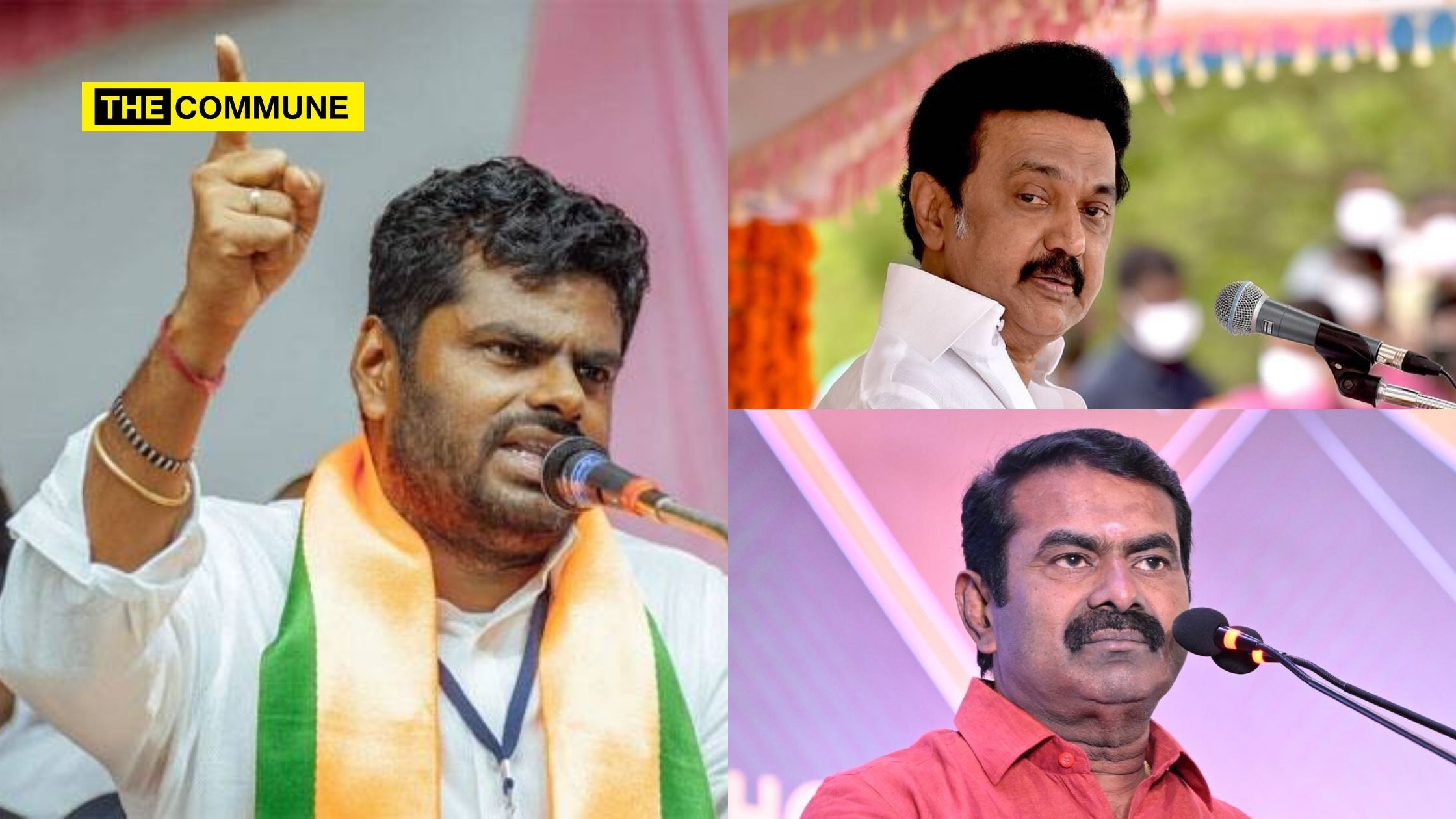
in never-seen-before rage, Tamil Nadu BJP chief Annamalai raised concerns over the DMK and other Dravidianist parties’ opposition to the opportunity for school students to learn three languages for free in government schools. He emphasized the benefits of such an approach, arguing that it would help shape a better future for the next generation by embracing change in line with global and national progress.
In a video message addressing the longstanding DMK stance against the three-language policy, Annamalai criticized the Congress party for making a historical blunder by imposing a single language in Tamil Nadu since 1965, forcing the people of the state to revolt.
On 31 May 2019, the Kasturirangan Committee, in its report on the New Education Policy, recommended that all Indians should learn three languages: their mother tongue, English, and a third language should be mandatory a Hindi. After reviewing the report, Prime Minister Modi approved this as part of the new education policy, making key adjustments in 2 June 2019 to ensure that Hindi would not be mandatory. Instead, he allowed students to choose any third language, be it Hindi, Malayalam, Telugu, Kannada, or another of their choice, marking a transformative change in language policy.
Annamalai personally saw this shift as significant, particularly because a Prime Minister from Gujarat was prioritizing Tamil, his mother tongue. He noted that Modi’s changes not only benefited Tamil Nadu but also demonstrated respect for Tamil culture and language. This, he explained, is why he and many others joined the BJP, as it is a party that understands and supports the interests of individual states while maintaining national unity.
However, Annamalai criticized the DMK-led government in Tamil Nadu for regressing by pushing outdated policies from 1965 and opposing the three-language policy. While the DMK accuses the policy of promoting Hindi, Annamalai pointed out that no one is forcing Hindi on the people of Tamil Nadu. He emphasized that the world is evolving, and children in Tamil Nadu are already learning three languages in schools, whether they are enrolled in state board, CBSE, ICSE, or IB systems.
He further highlighted the disparity in education between government and private schools. Children in affluent private schools have the opportunity to learn foreign languages like French, while those in government schools face inadequate resources, broken classrooms, and poor conditions citing DMK Education Minister Anbil Mahesh’s son as example. This disparity creates two classes of students—privileged children studying in well-resourced private schools and underprivileged children in struggling government schools.
The current education system in Tamil Nadu, particularly in terms of language teaching, is deeply flawed. Annamalai referenced ASER report 2024 that showed a significant portion of third-grade students in Tamil Nadu could not even read basic Tamil texts, revealing the failure of the bilingual system. Annamalai also criticized the DMK’s claims of promoting Tamil, pointing out the hypocrisy of DMK leaders who send their children to private schools where they learn multiple languages, including foreign ones, while the majority of Tamil Nadu’s children are denied the chance to succeed within a broken system.
Annamalai also highlighted the stance of DMK founder CN Annadurai on the three-language policy, noting that he had advocated for its acceptance when it was embraced by other states. He pointed out the hypocrisy of Naam Tamilar Chief Seeman, who, in his 2016 election manifesto, promised that Tamil and English would be mandatory as the medium of instruction, while offering a choice-based language option that could include Hindi. Annamalai questioned what the difference was between the National Education Policy (NEP) and Seeman’s election manifesto, calling attention to the contradiction in his stance.
He sharply questioned, “For how long will you keep propagating falsehood making people to immolate themselves, making them to stick posters, work in fields for you? How long will you make them stand in que to grab the money you throw at them? So we challenge you all of you stand on one side including the parties which ruled and is ruling Tamil Nadu even the new parties, all of you stand on one side and BJP will stand at another side. BJP will stand in one side with the people of Tamil Nadu. We want three language policy, we even want four and five language policy but why only two language for the 52 lakh students studying in government schools? but for the 56 lakhs private school students and for the 30 lakh student in that who study in CBSE, ICSE and IB schools are already studying three languages? what kind of justice is this?”
Under Modi’s leadership, the BJP is committed to providing every child with the tools to succeed, no matter their background. The party advocates for an inclusive education system, one where outdated language impositions do not hold back children’s potential. Annamalai stressed that the BJP’s vision allows every child to aspire to greatness, whether in leadership, business, or civil service.
In contrast, Annamalai argued that the DMK’s policies are stifling Tamil Nadu’s youth by dividing society along the lines of education and language. The state needs an education system that empowers all children, regardless of their background, to achieve success.
The BJP, Annamalai concluded, stands firm against these unjust policies and advocates for a system that offers equal opportunities to all. He urged voters to seize the opportunity in the upcoming election to break free from the stagnation caused by these outdated policies and work towards a brighter, more inclusive future for the state, where every child can realize their full potential.
தனியார் பள்ளிகளில் படிக்கும் திமுகவினரின் குழந்தைகள் மட்டும் மூன்று மொழிகள் கற்கலாம். அரசுப் பள்ளிகளில் படிக்கும் ஏழை எளிய மக்களின் குழந்தைகள் படிக்க வாய்ப்பு மறுப்பதா?
அரசுப் பள்ளிகளில் இலவசமாக மூன்று மொழிகள் கற்கும் வாய்ப்பை ஏன் தடுக்கிறீர்கள்?
உங்களுக்கொரு நியாயம், எளிய… pic.twitter.com/QTOKBq2AqR
— K.Annamalai (@annamalai_k) February 17, 2025
Subscribe to our channels on Telegram, WhatsApp, and Instagram and get the best stories of the day delivered to you personally.

